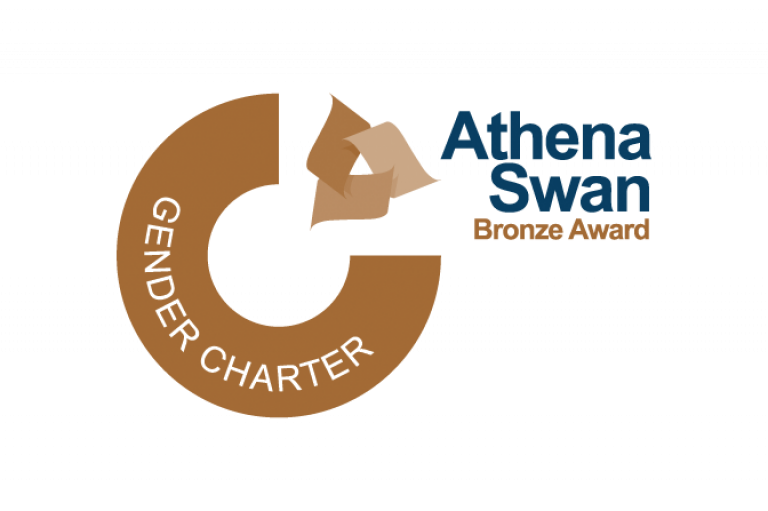EDI event explored people’s experiences of living with different disabilities, as well as what can be done to improve access and support at City
By Mr George Wigmore (Senior Communications Officer), Published
The School of Health & Psychological Sciences (SHPS) hosted an EDI event in December that shared people’s experiences of living with disabilities, as well as how the University can improve disabled experiences for staff and students.
Given that 10.4 million people in the UK have some form of disability – and at City, 9.3% of students and 6.6% of staff disclose a disability – the ‘(Un)Reasonable Adjustments: A student and staff discussion on disability access’ event highlighted a particularly pertinent issue. The talks were held shortly after the International Day for Persons with Disabilities, which took place on 3 December.

Supporting staff and students
Michelle Ellis, Associate Dean, EDI, in SHPS, spoke about the importance of supporting people with disabilities in her introduction. She then passed over to Sally Morgan, Senior Lecturer in Speech & Language Therapy in SHPS, who gave a brief history of disability, and she also discussed the social model, which posits that people are disabled by barriers in society, not by their impairment or difference.
Sally also spoke about the shift in language and how people prefer to speak about their disabilities in different ways, with some preferring identity first language while others favour person first (i.e. autistic person vs. person with autism). There has also been a general shift towards the former in recent years.
“Language is changing, and we have to honour that,” said Sally about the move towards identity-first language.
In a wide-ranging talk, Sally also touched on the Disability Discrimination Act, which was introduced in 1995. The Act protects against discrimination, and it introduced a duty of reasonable adjustments. In 2010, the Government merged the Disability Discrimination Act into the Equality Act.

Personal experiences
Two members of staff from SHPS then spoke about their personal experiences of disability, as well as helpful and unhelpful factors at City, such as the difficulty navigating parts of the campus and opening heavy and awkward fire doors while in a wheelchair.
One staff member mentioned invisible disabilities and they spoke about the difficulties surrounding them. “Because I look healthy, people assume I am capable of the same levels of mental and physical exertion as they are when I’m not,” they said.
Michelle then closed the event and opened the discussion with staff and students who were present, and attendees shared their experiences as well as potential solutions to some of the relevant issues raised.
Speaking about the event, Michelle said:
The University also recently launched the Visible Voices campaign, which is a disability-sharing campaign for the everyone at City. Read more about the campaign.



